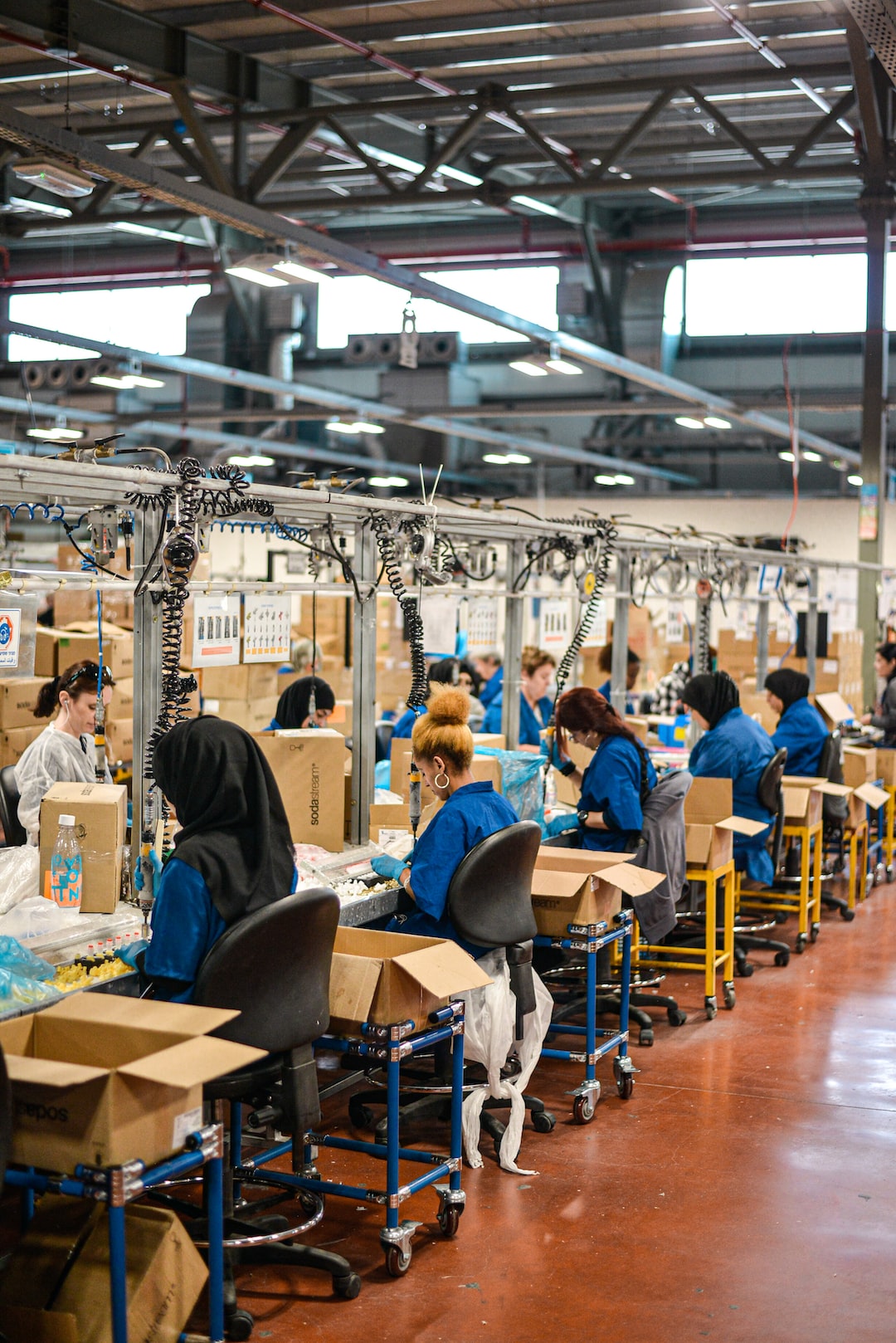The Role of Artificial Intelligence in Manufacturing
In recent years, there has been a significant shift in the manufacturing industry with the integration of artificial intelligence (AI) technologies. AI is revolutionizing the way products are designed, produced, and maintained. With its ability to analyze vast amounts of data and make informed decisions, AI is enhancing productivity, improving quality, and reducing costs in the manufacturing sector.
One of the key applications of AI in manufacturing is predictive maintenance. Traditionally, manufacturing plants have relied on periodic maintenance schedules, which often result in unnecessary downtime and costly repairs. However, with the implementation of AI, machines are able to monitor themselves in real-time and predict when they will require maintenance or replacement. By detecting anomalies in performance or identifying patterns that may lead to failure, AI algorithms can optimize maintenance schedules, minimizing downtime and maximizing productivity.
Another area where AI is making a significant impact is in quality control and inspection. Manufacturing processes generate enormous amounts of data, which can be challenging for humans to process and analyze. AI algorithms can quickly analyze this data and identify defects or inconsistencies in the production line. By doing so, AI-powered systems can prevent defective or faulty products from reaching the market, saving both time and resources.
Furthermore, AI is also enhancing the efficiency of production planning and optimization. AI algorithms can analyze various factors such as customer demand, supply chain constraints, and production capacity to generate optimized production schedules. By automating this process, manufacturers can minimize lead times, reduce inventory levels, and avoid overproduction. This not only results in cost savings but also allows manufacturers to be more responsive to customer demands and market fluctuations.
In addition, AI is playing a crucial role in the design and prototyping phase. By creating virtual prototypes and using generative design algorithms, AI is enabling manufacturers to explore a wider range of product designs and configurations. This not only speeds up the design process but also helps manufacturers create products that are more innovative, efficient, and cost-effective. AI-powered design tools can also predict how a product will perform under various conditions, allowing manufacturers to make informed decisions early on in the development cycle.
AI is also revolutionizing the concept of collaborative robots, or cobots, in the manufacturing sector. Traditional industrial robots are often large, bulky, and are used in isolation from human workers. However, AI-powered cobots can work alongside humans, assisting them in various tasks. These cobots are equipped with advanced AI algorithms that allow them to understand human gestures, speech, and intentions. This collaboration between humans and cobots not only improves efficiency and productivity but also creates safer and more inclusive work environments.
While the integration of AI in manufacturing brings numerous benefits, there are also challenges that need to be addressed. One of the key concerns is the potential displacement of human workers. As AI takes over repetitive and mundane tasks, the need for human intervention is reduced. However, this also provides an opportunity for upskilling and reskilling workers to focus on more complex and creative tasks. To alleviate concerns, companies must invest in training and development programs to help their workforce adapt to the changing technological landscape.
Furthermore, there are also ethical concerns associated with AI in manufacturing. The collection and analysis of vast amounts of data raise questions about privacy and security. Manufacturers must ensure that data is properly protected and that AI systems are transparent and accountable for their decisions. Regulatory frameworks need to be developed to address these concerns and provide guidelines for the responsible implementation and use of AI technologies.
In conclusion, artificial intelligence is playing a crucial role in transforming the manufacturing industry. From predictive maintenance to quality control, production planning, and design, AI is enhancing productivity, improving efficiency, and reducing costs. However, the successful integration of AI also requires careful considerations on the impact on the workforce and the ethical implications. By addressing these challenges, the manufacturing industry can fully leverage the potential of AI and continue to evolve in the era of digital transformation.
